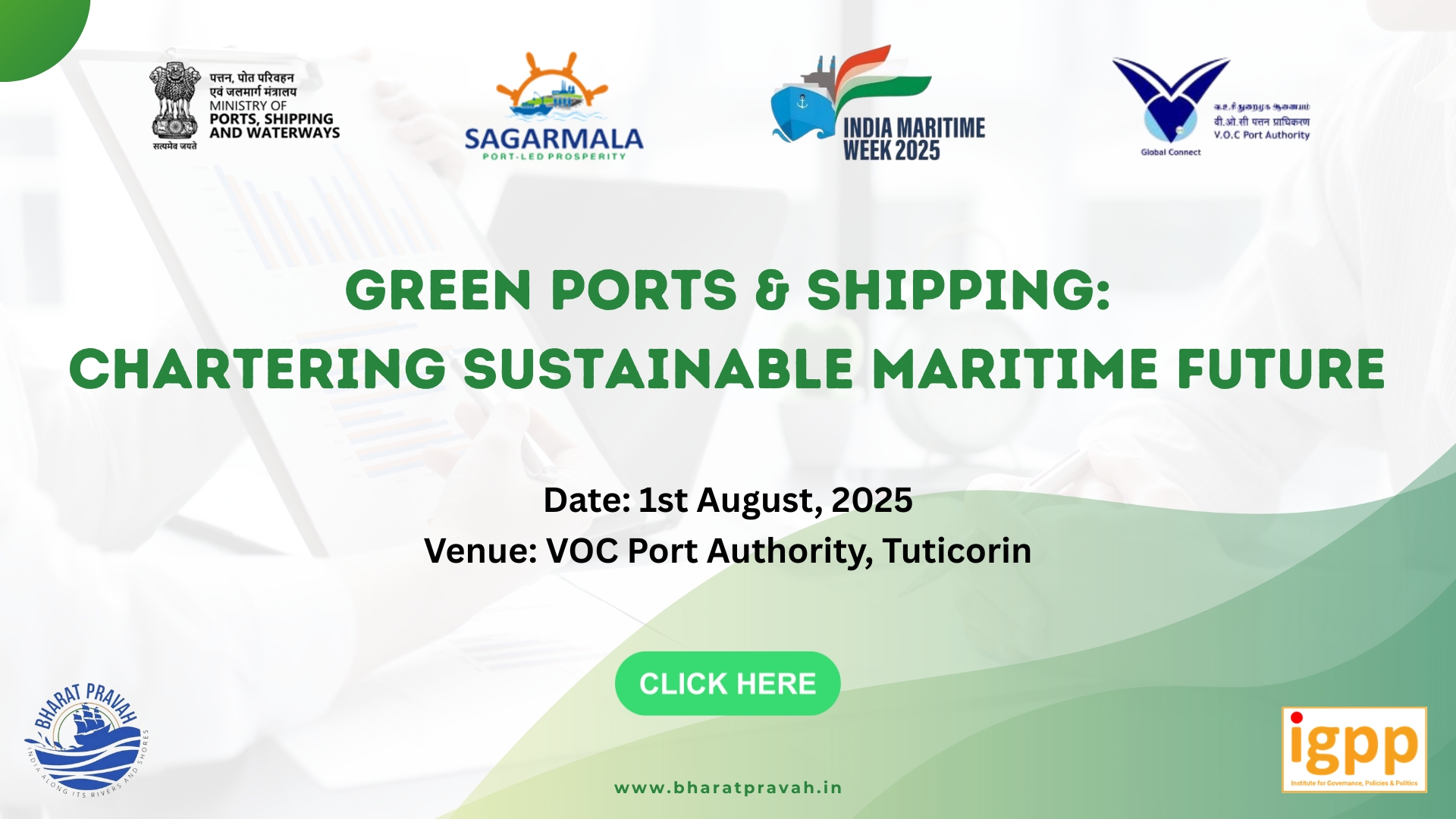'Ports of India'
1. Kolkata
2. Vishakhapatnam/Paradip
3. Chennai/Tuticorin
4. Rameswaram
5. Cochin/Parambur
6. Mangalore
7. Port Blair
8. Marmugao
9. Mumbai
10. Kandla/Mundra
'National Waterways of India'
1. Guwahati/ Dibrugarh
2. Kolkata/Hooghly
3. Patna
4. Gorakhpur
5. Varanasi
6. Ayodhya
7. Kanpur
8. Ahmedabad /Narmada / Tapi
9. West Coast Canal – Kollam/ Calicut / Kottayam / Alappuzha





